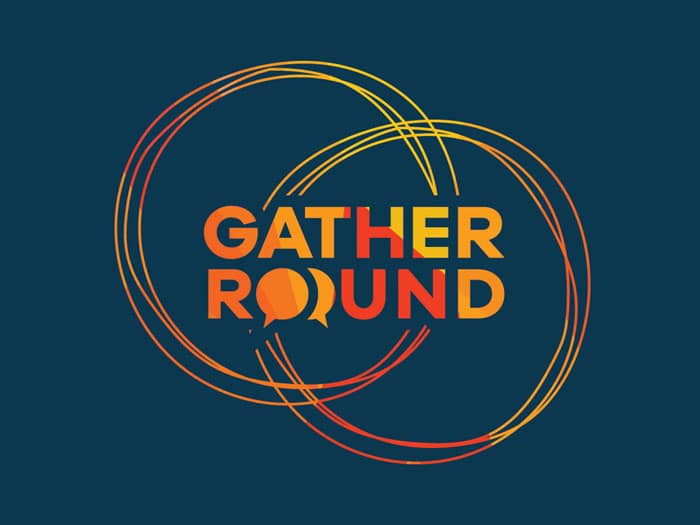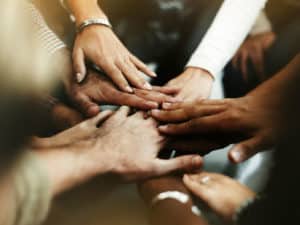“For me the meaning of home is the place where, when you arrive from wide wanderings, you can harbor your heart right where it wants to be.” –Carl Safina, “Soul on the Tide” from Hearth
Gather Round is a DIY humanities program that inspires discussions about home, migration, technology, and nature. Come take part in sparkling conversation over a cup of tea and a deck of Cards for Humanities at the Montana Book Festival in Missoula.
Gather Round
Montana Book Festival
September 14 at 4:00 p.m.
Downtown Dance Collective




